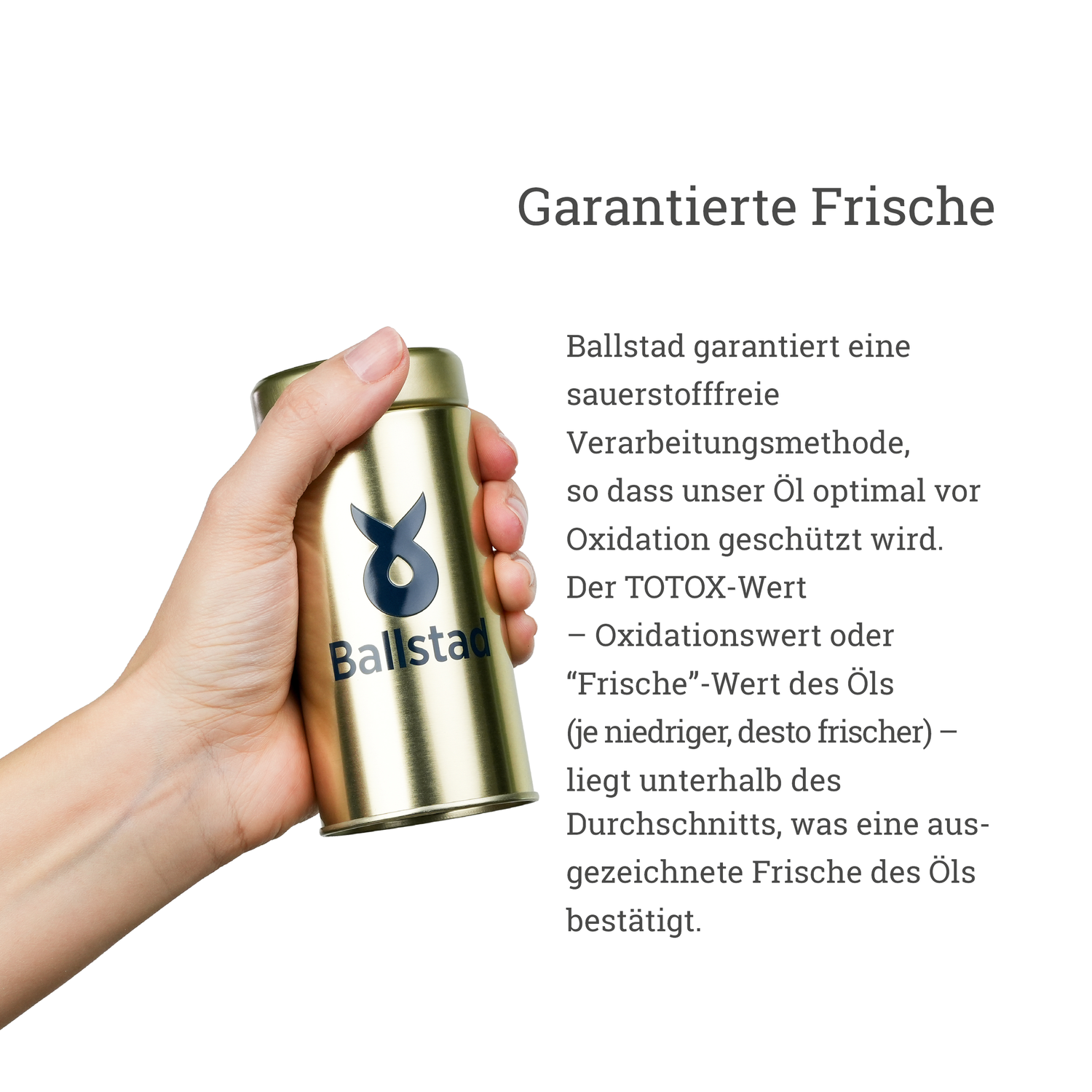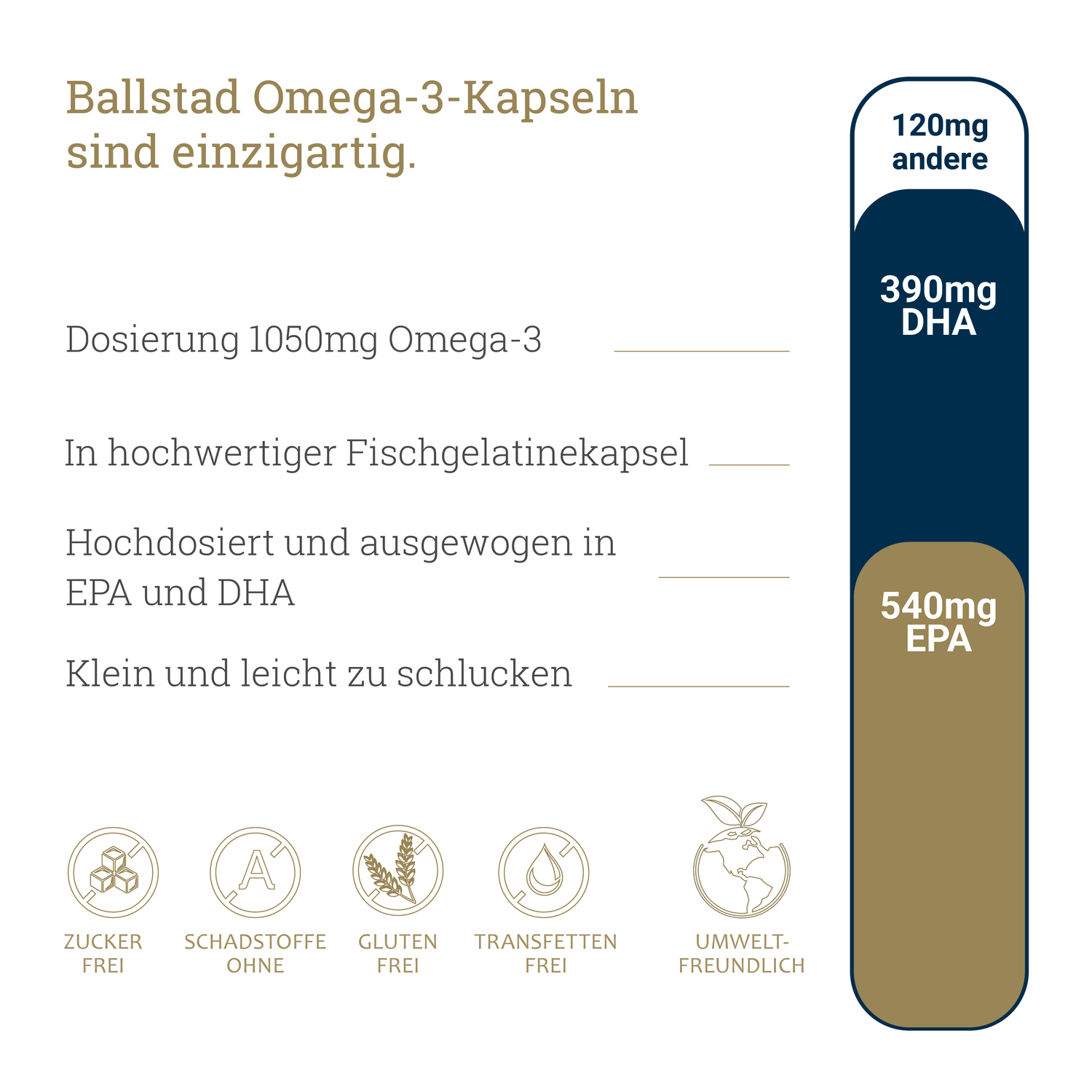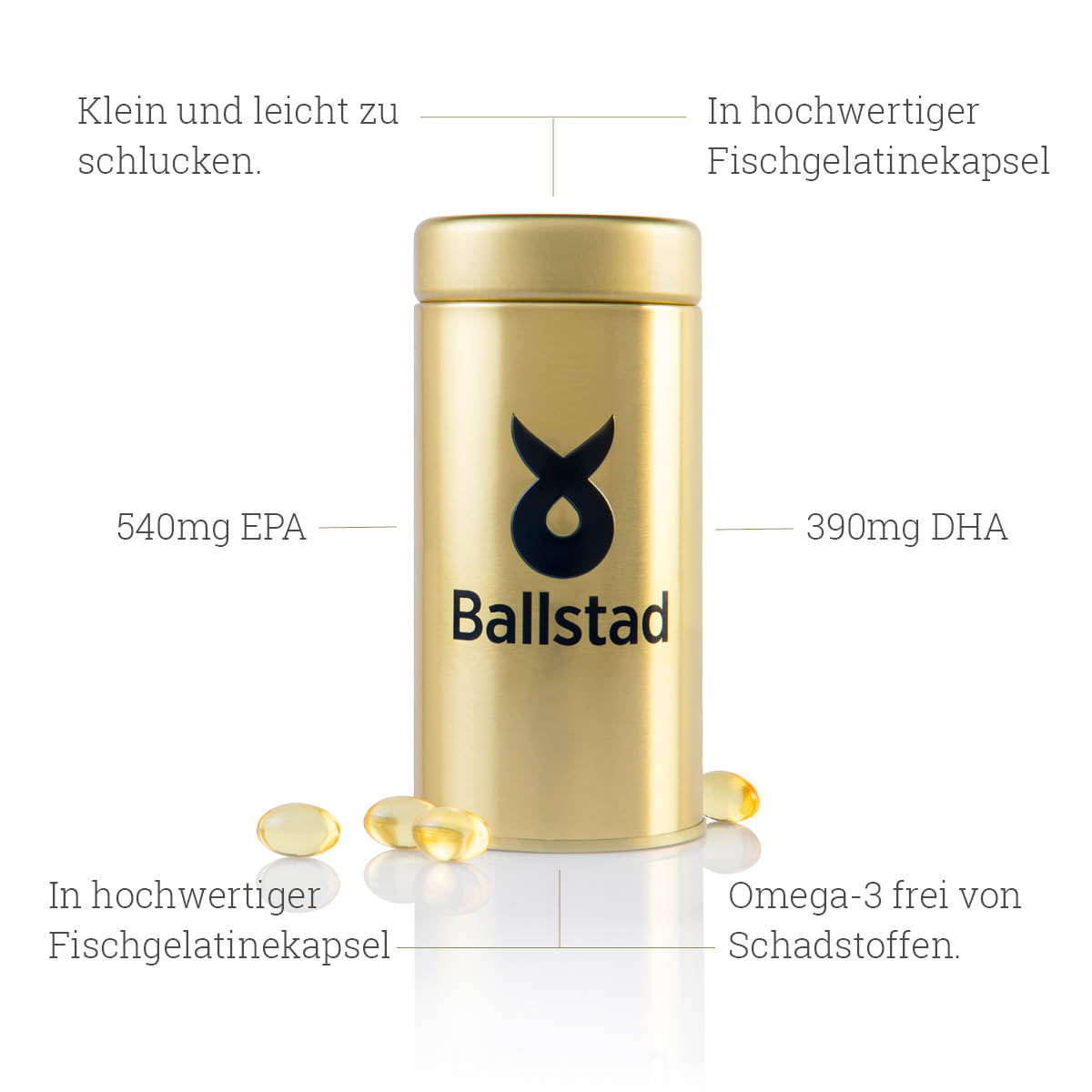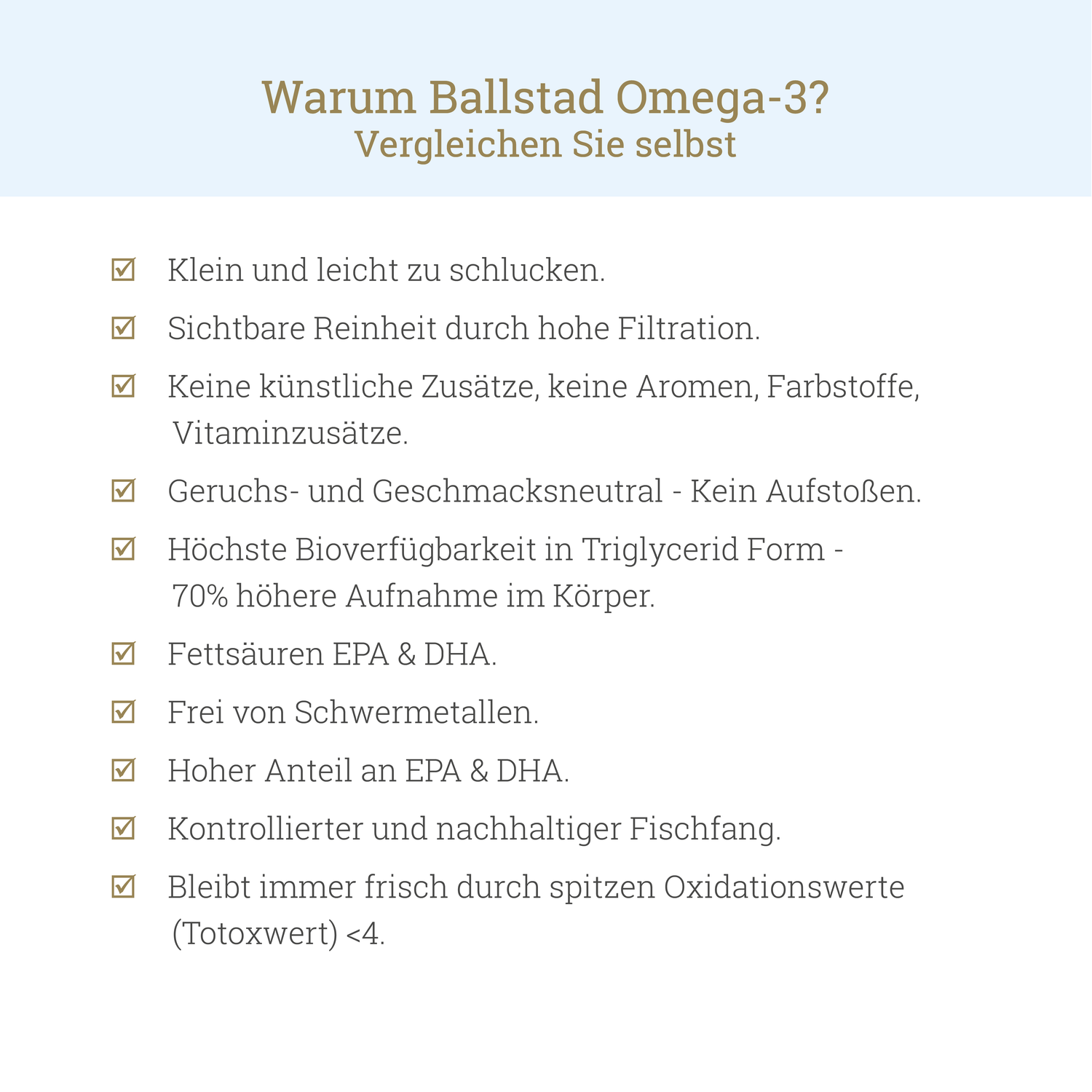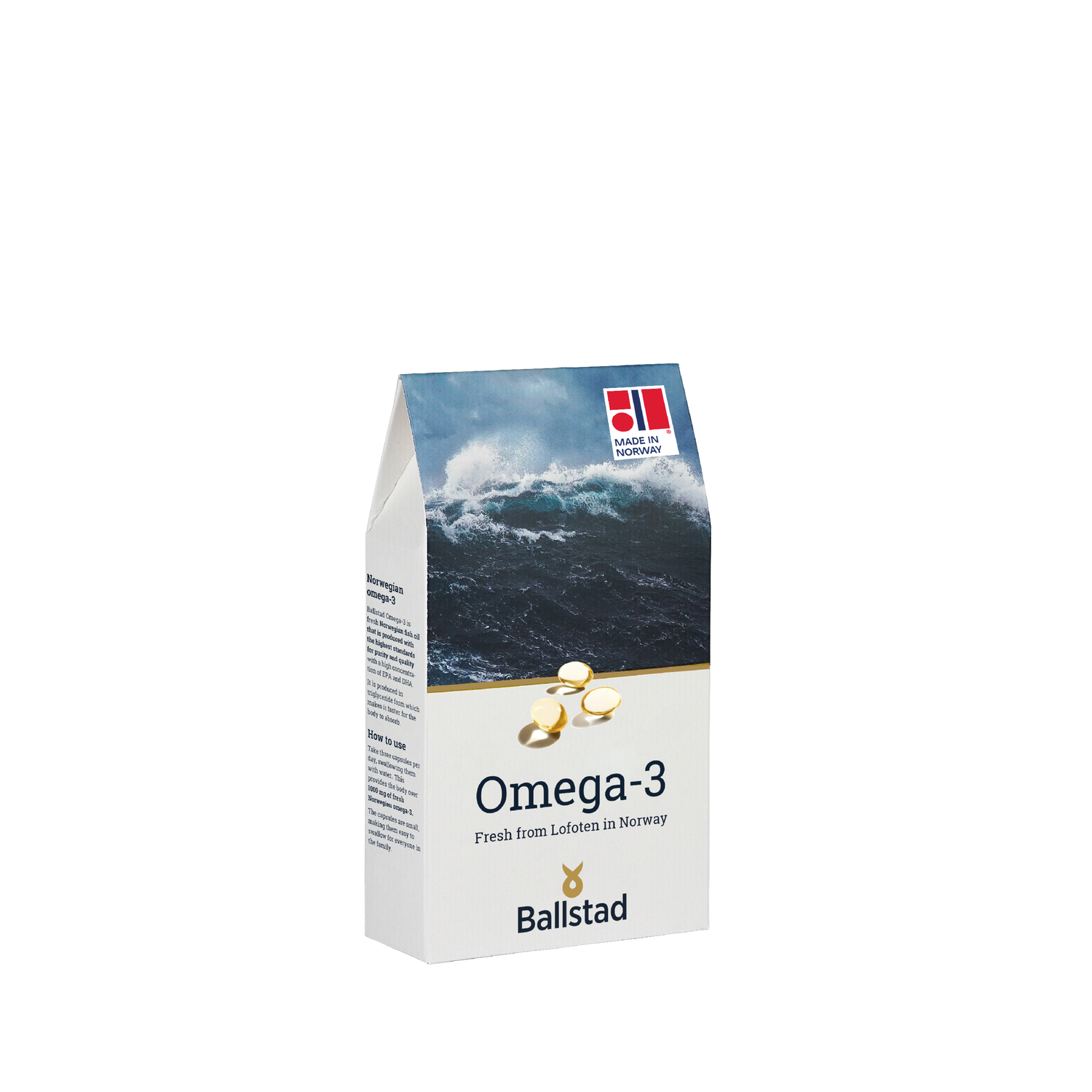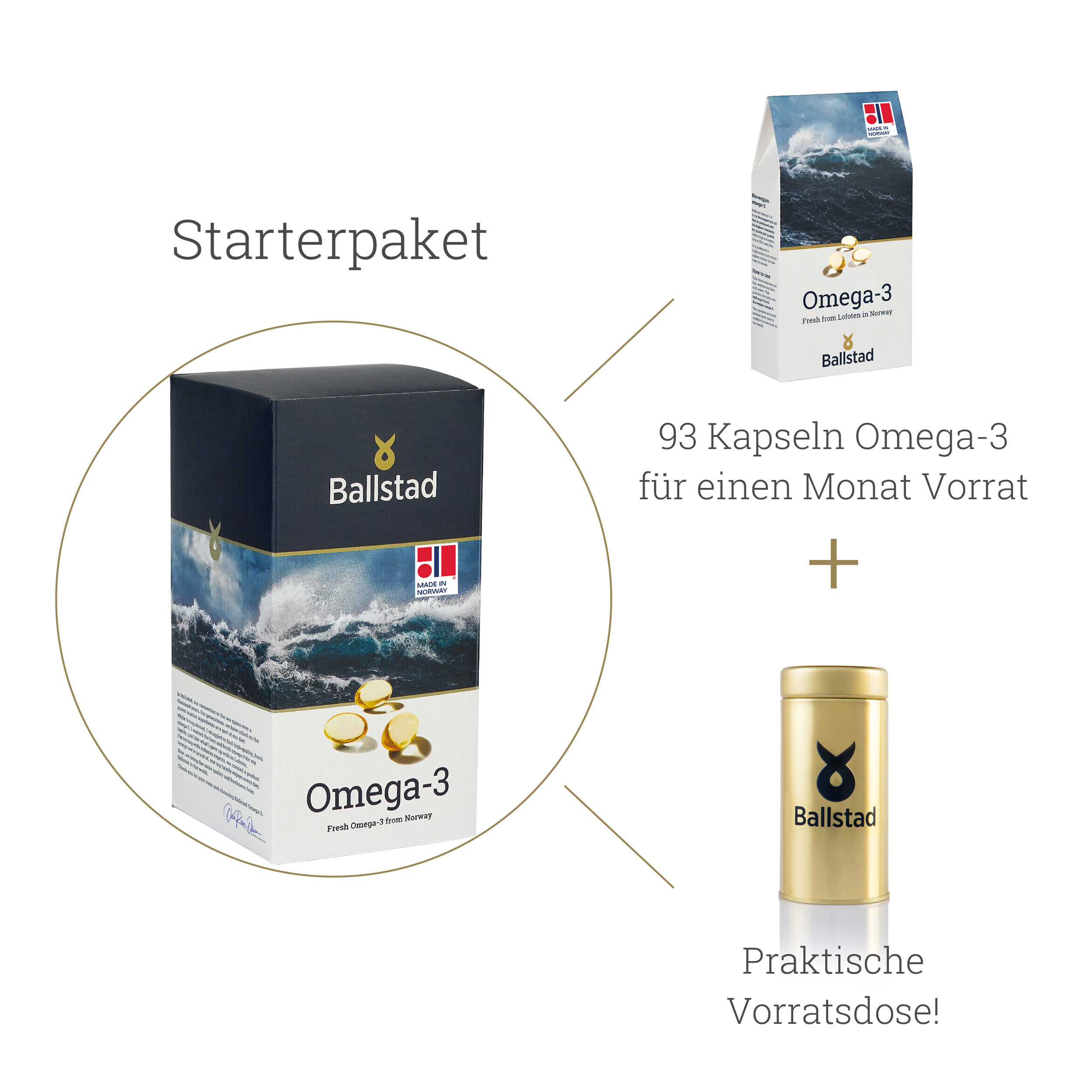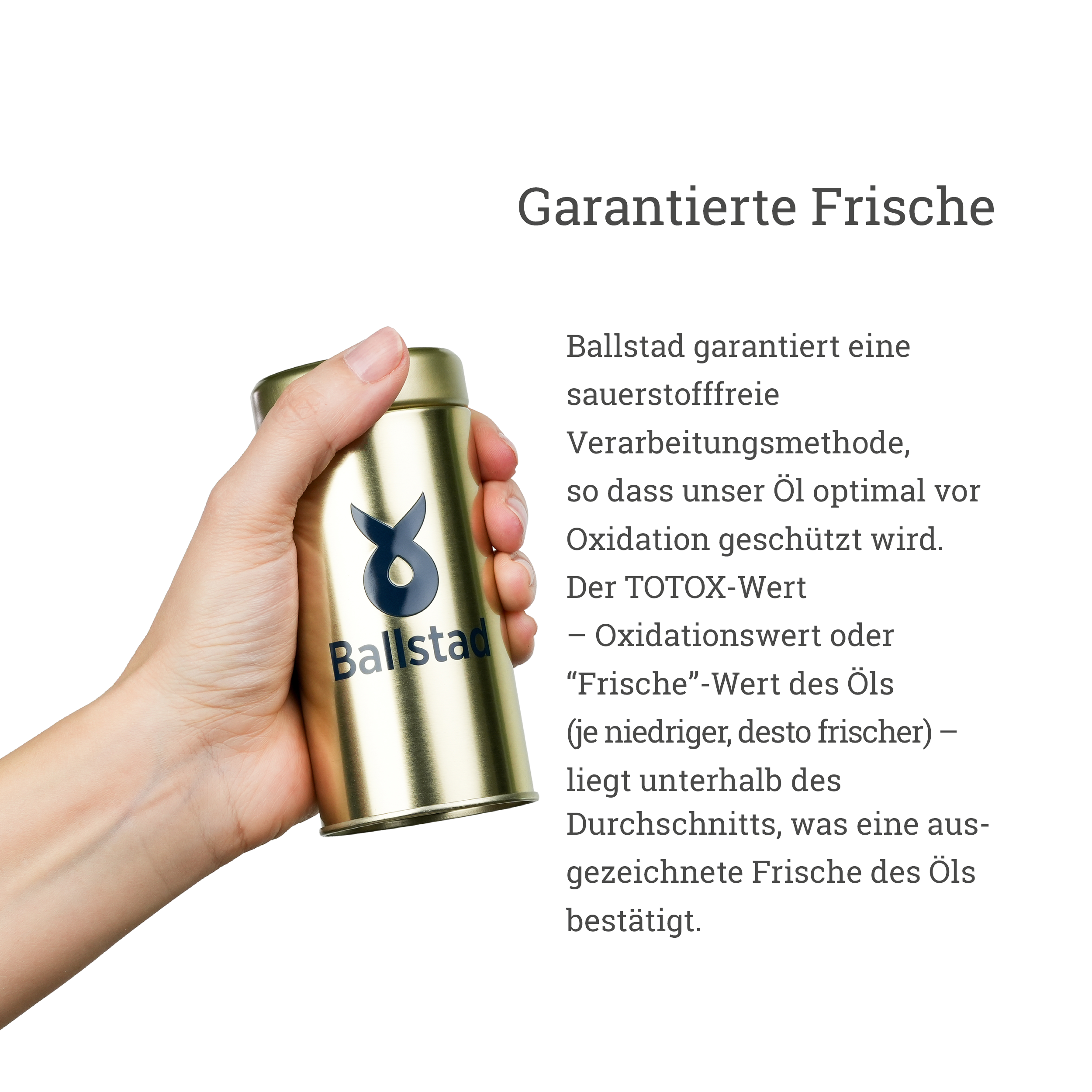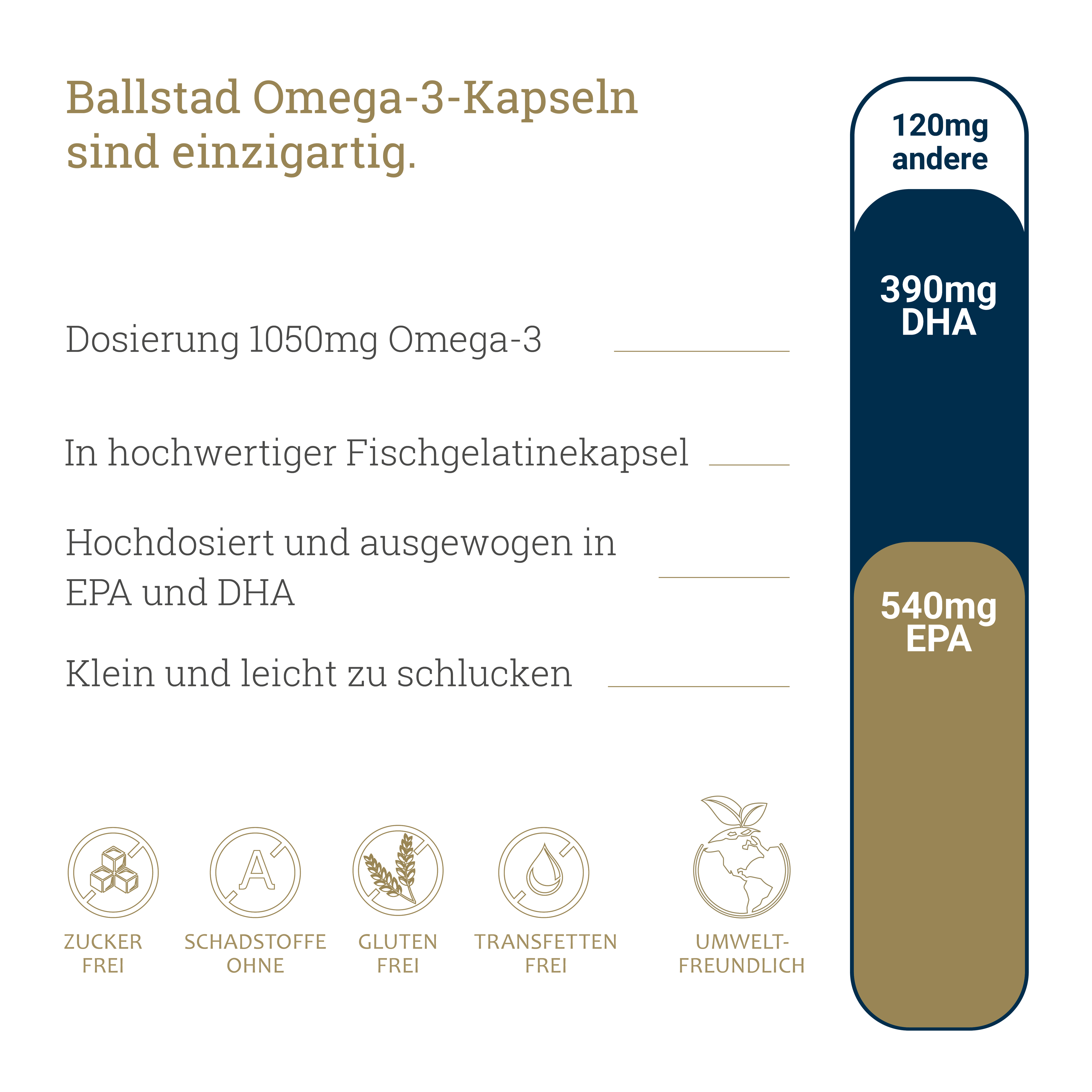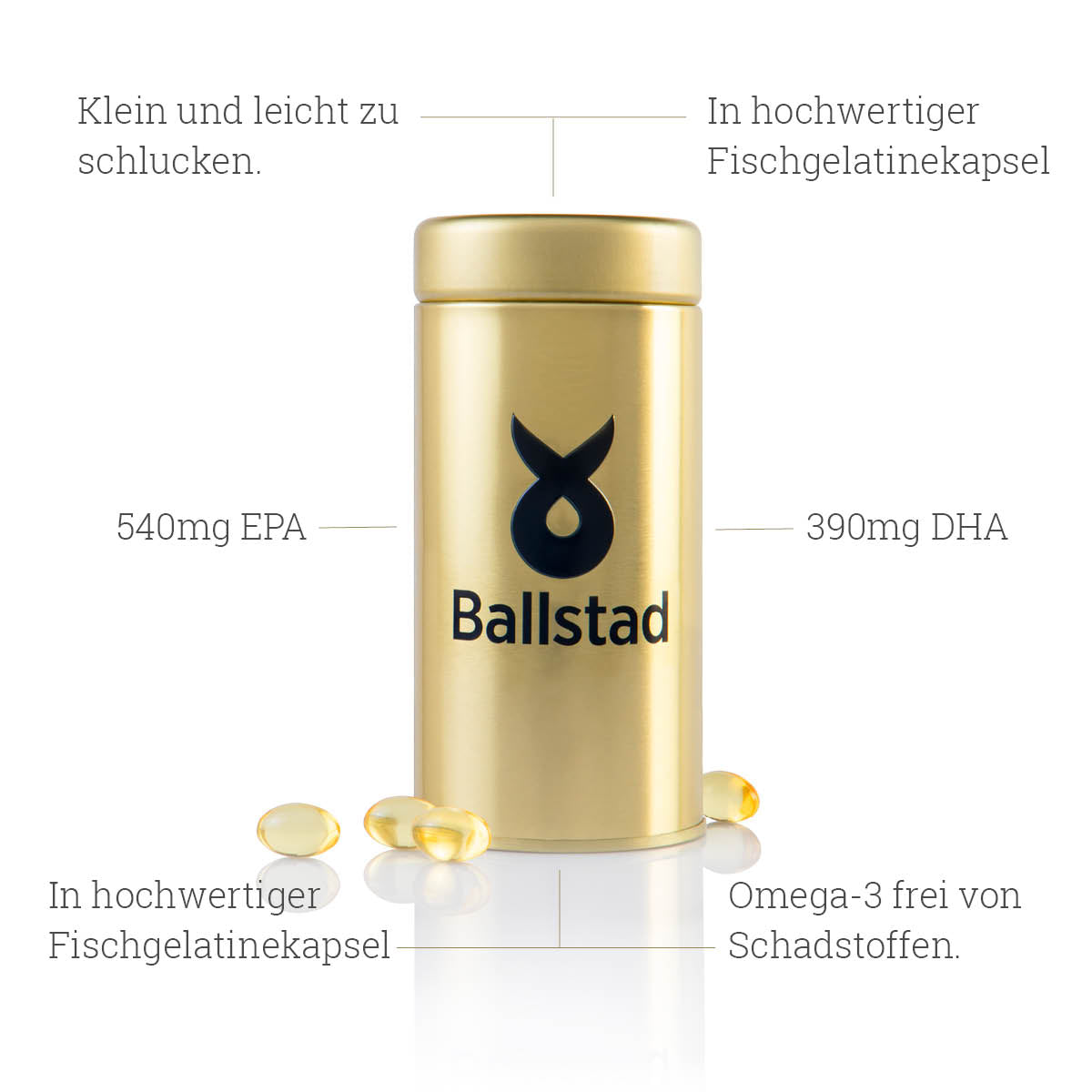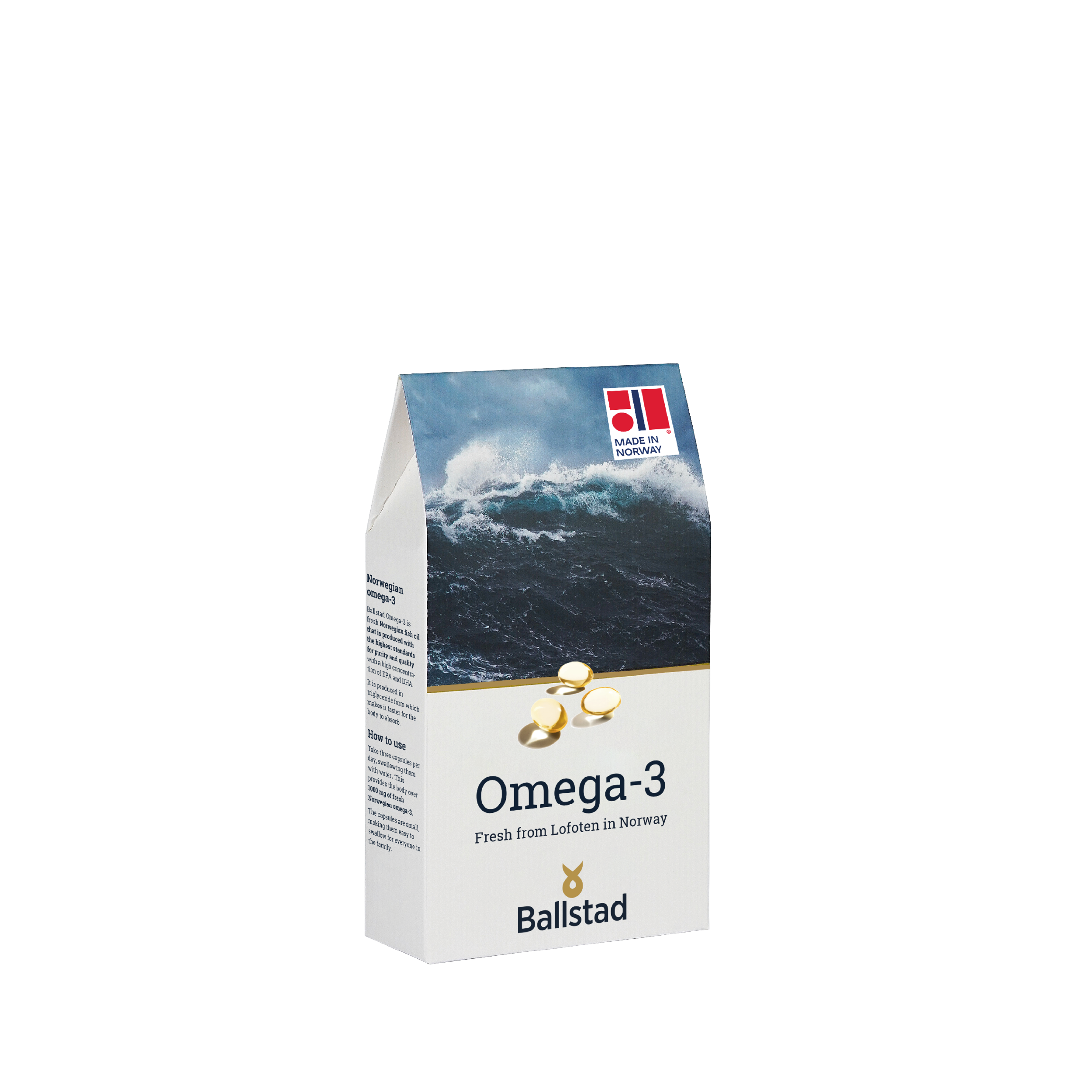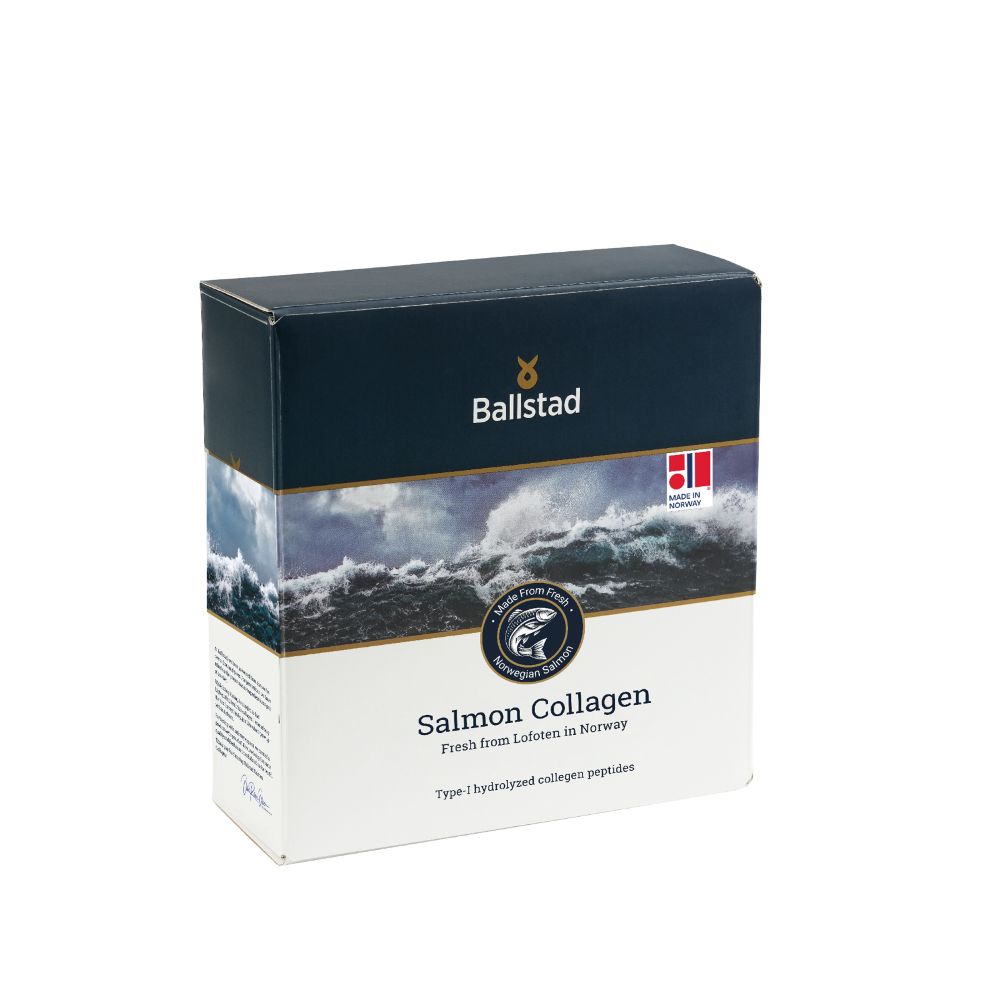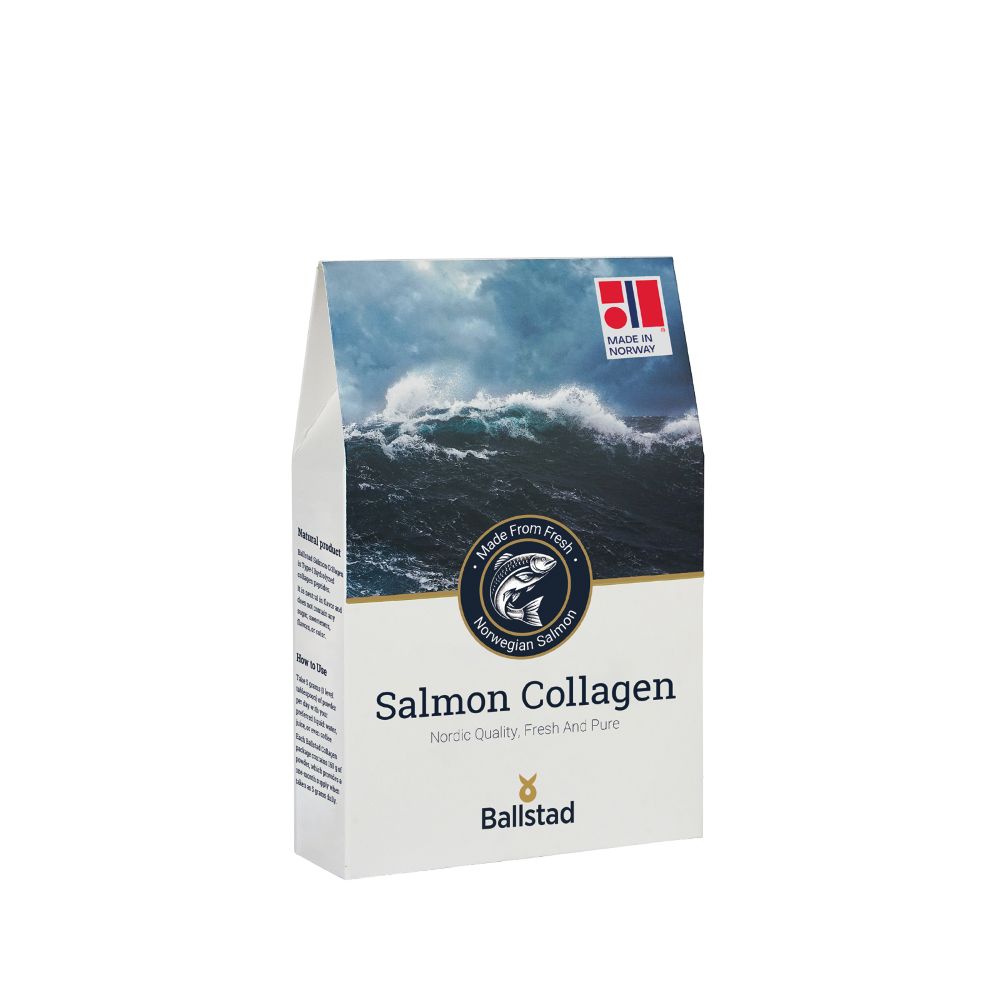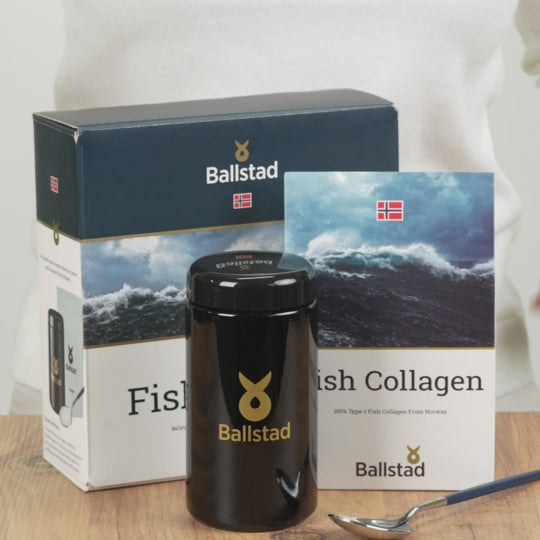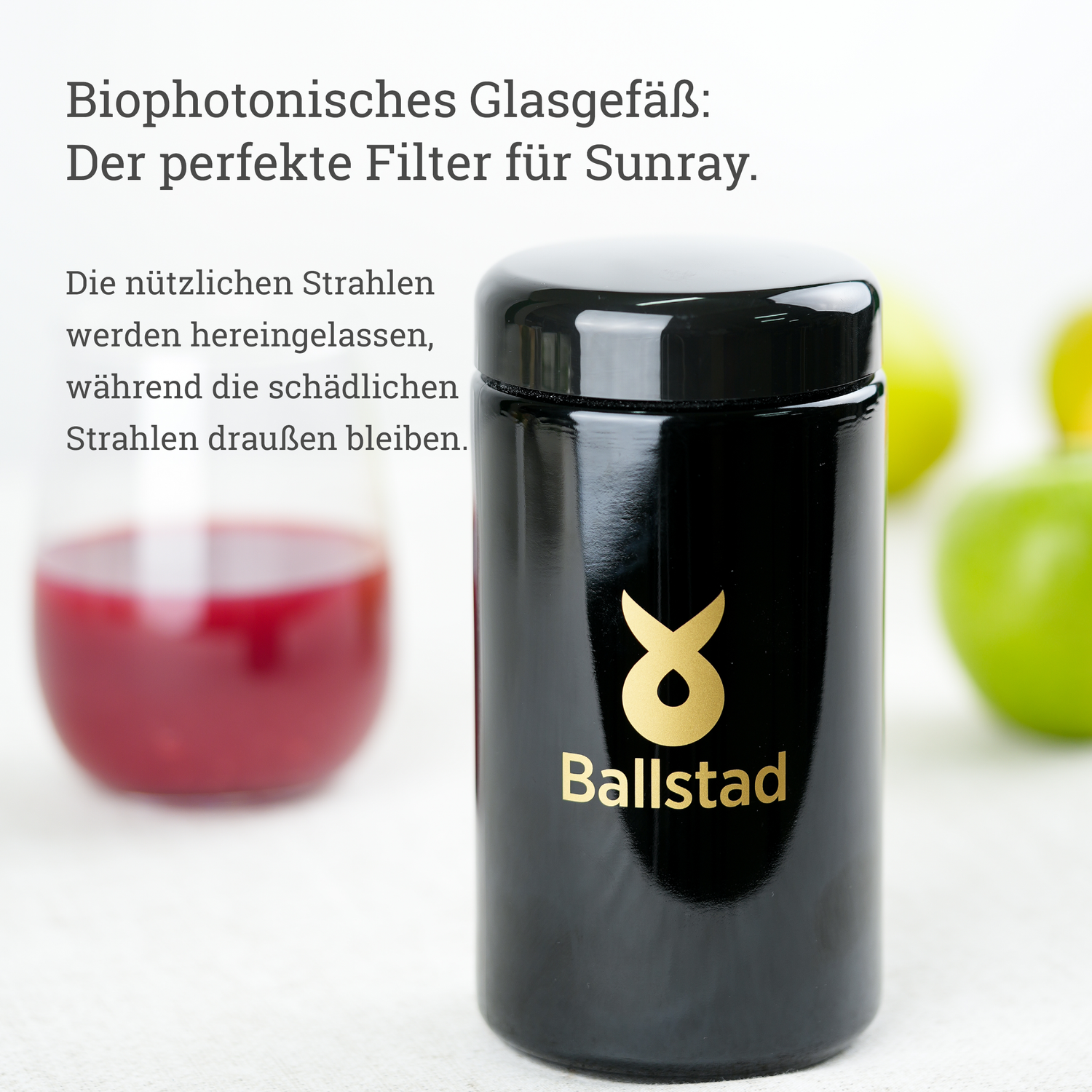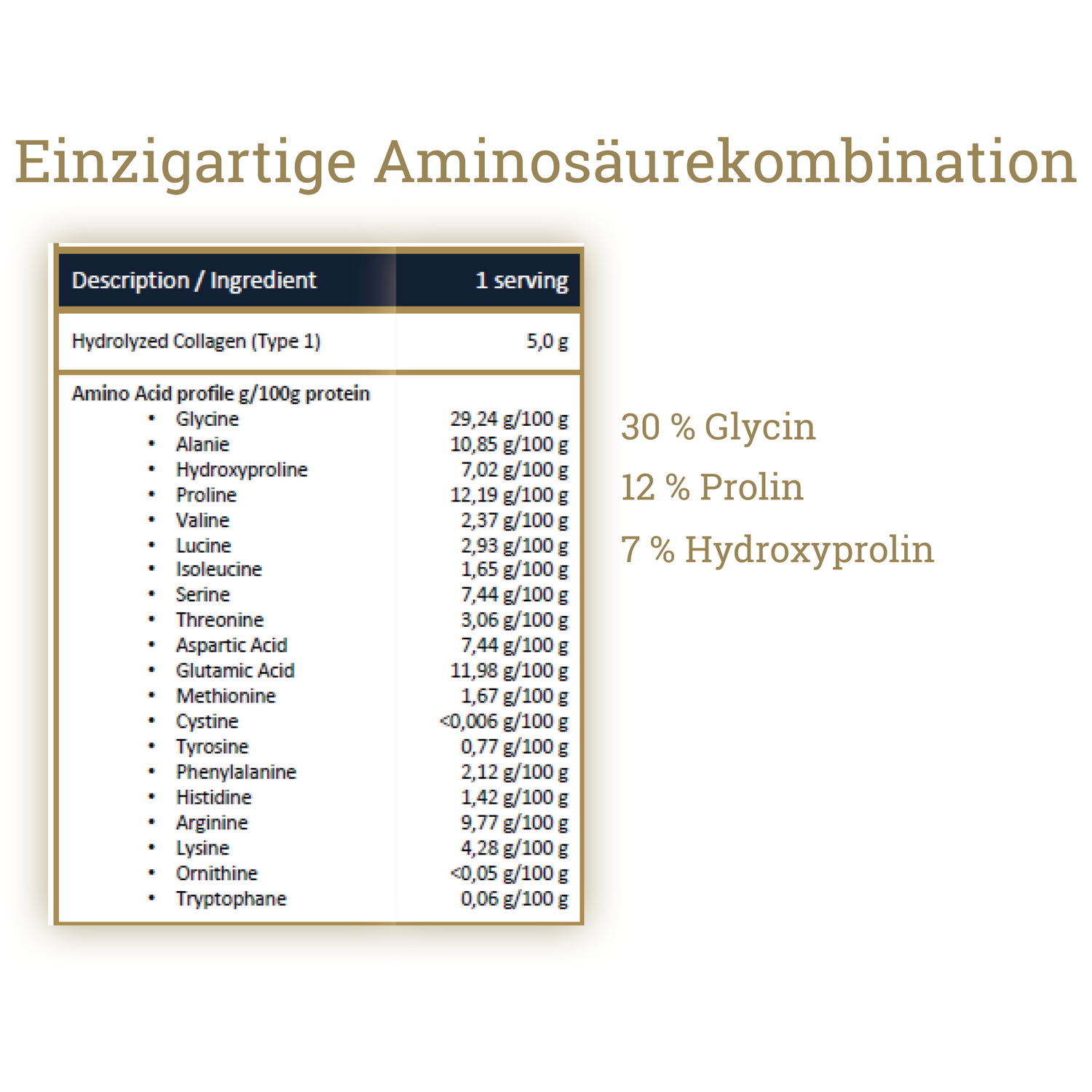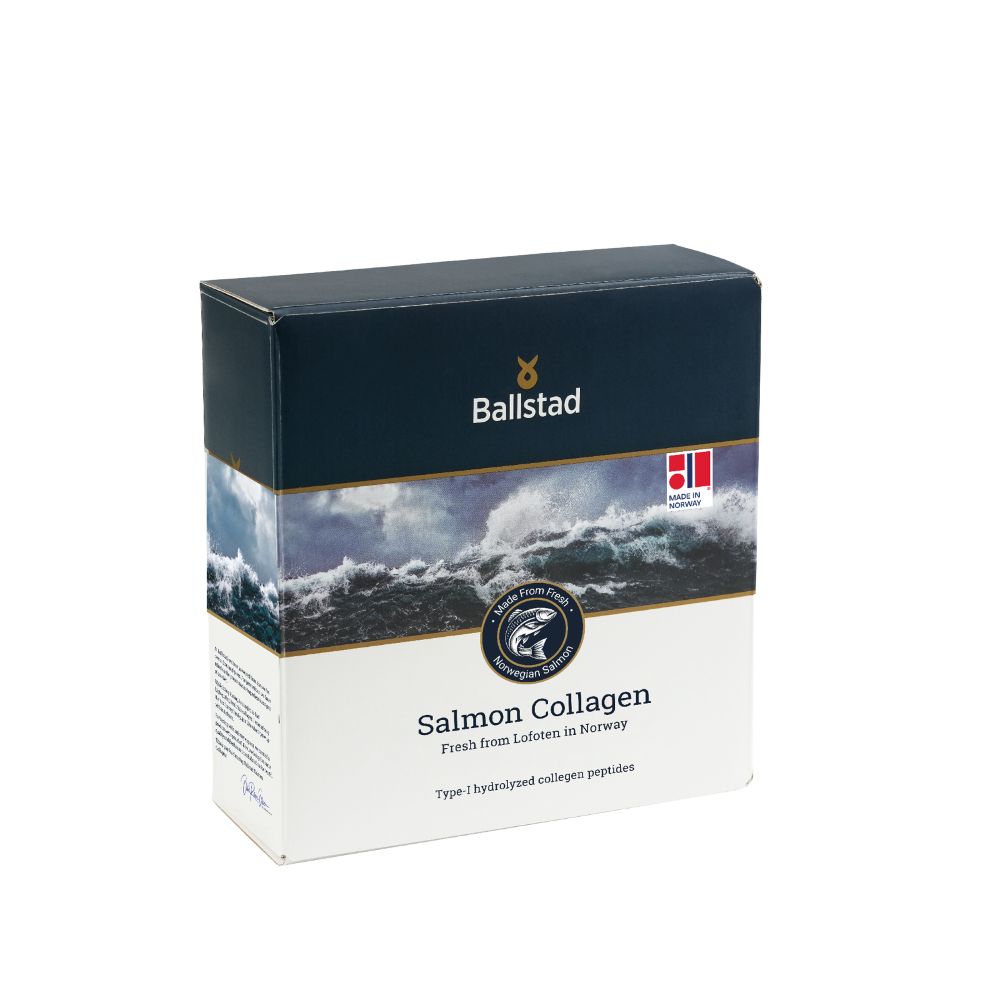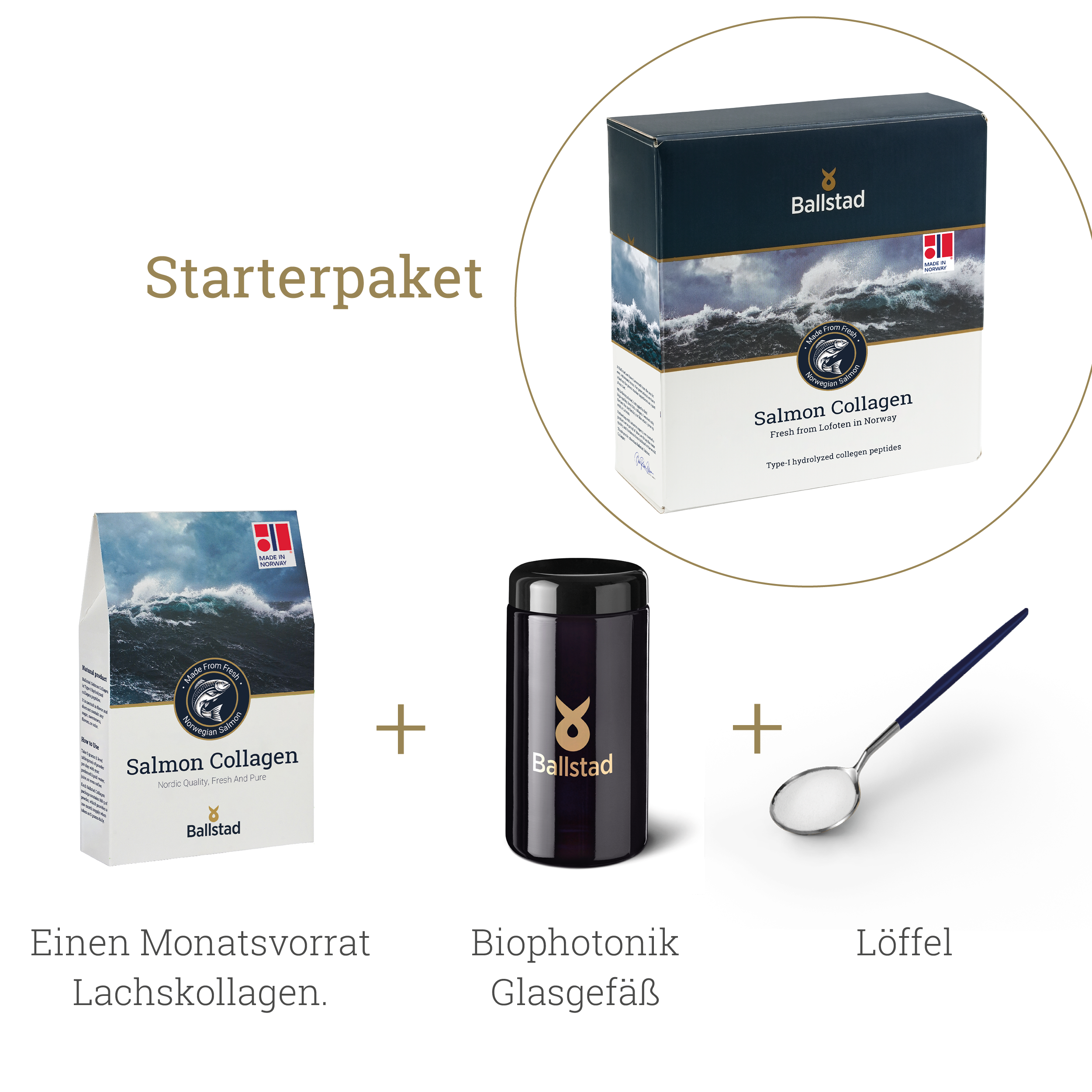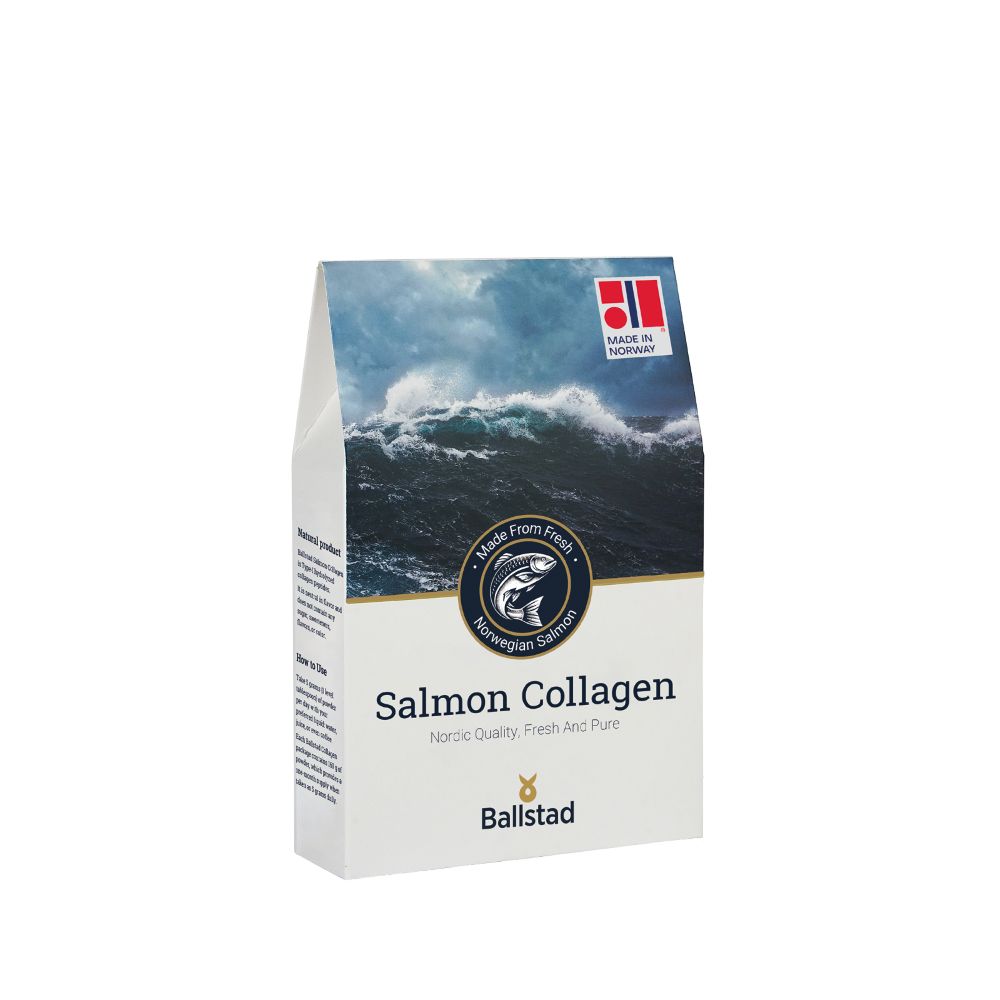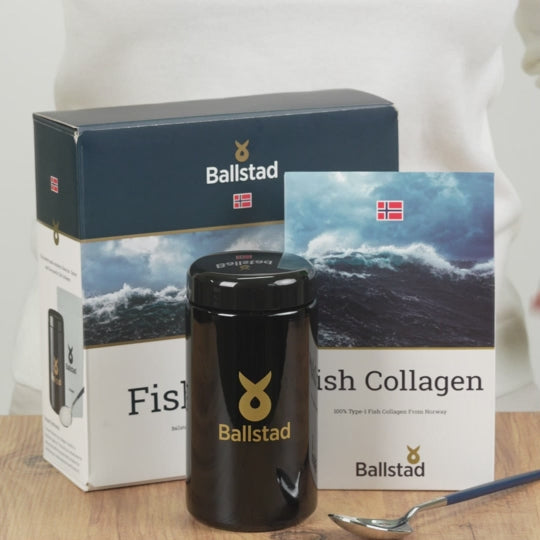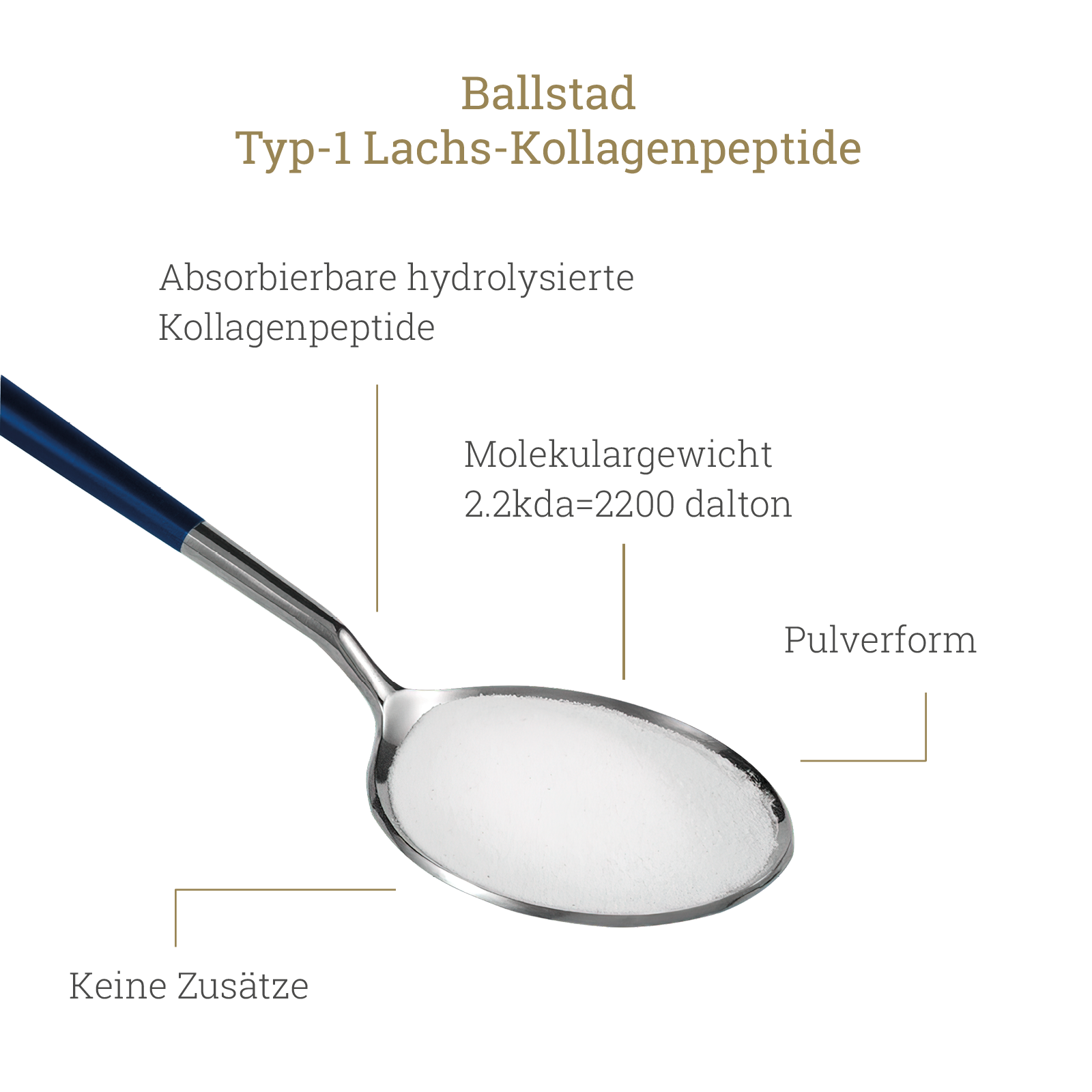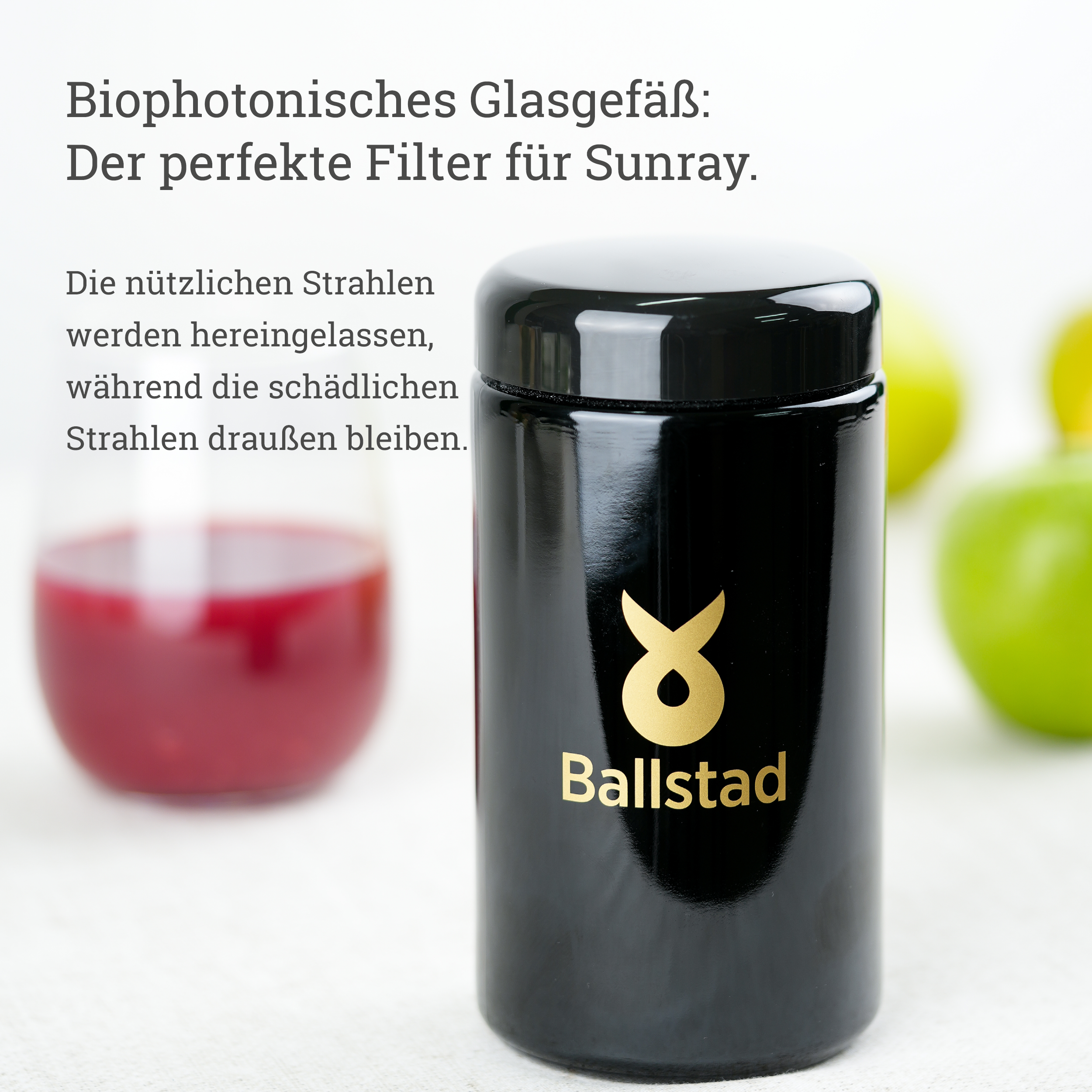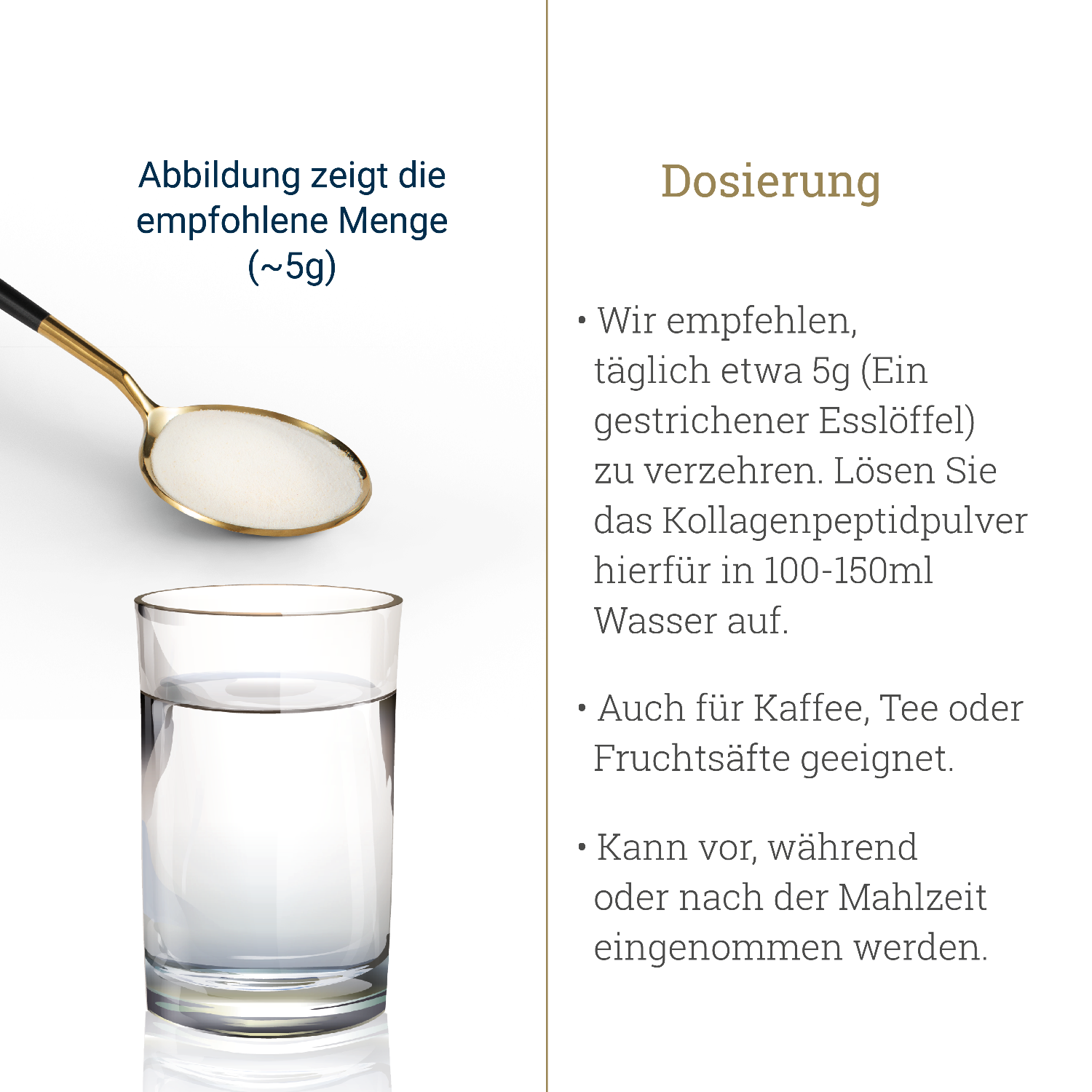Did you know that certain foods can not only affect your energy levels, but also support your mood and emotional balance?
The connection between nutrition and mental health
The World Health Organization (WHO) defines health not merely as the absence of disease, but as a state of complete physical, mental, and social well-being. In this context, mental health plays just as central a role as physical health. Among the diverse environmental factors that influence our mood, nutrition is increasingly becoming the focus of scientific research.
How does diet influence our mood?
Our brain is a highly complex network of chemical processes. Environmental stimuli trigger reactions that are transmitted via neurotransmitters – the body's own messenger substances. These chemicals, such as serotonin, dopamine, or noradrenaline, directly influence our well-being. A deficiency or excess can affect our mood.
The production of these neurotransmitters is closely linked to our diet. A balanced intake of vitamins, minerals, and other nutrients promotes the production and regulation of these substances in the central nervous system – with potentially positive effects on our mental balance.
What are “mood-boosting” foods?
The term comfort food describes foods that we associate with well-being, comfort, or a positive mood. These foods are often high in carbohydrates—but not all carbohydrates are created equal.
Complex carbohydrates for emotional balance
Unlike simple sugars, complex carbohydrates such as whole grains, legumes, and vegetables maintain steady blood sugar levels and can help positively influence serotonin levels in the brain. Stable blood sugar can reduce the risk of mood swings.
Fermented foods and the gut-brain axis
Foods like yogurt, kefir, sauerkraut, and kombucha contain natural probiotics – live microorganisms that support the intestinal flora. Since around 90% of the body's serotonin is produced in the intestines, healthy digestion can indirectly contribute to emotional well-being.
Nuts, seeds and legumes
Almonds, walnuts, cashews, and sunflower seeds provide plant-based proteins, healthy fats, and fiber. They also contain tryptophan—an amino acid that serves as a precursor to serotonin. Lentils and beans are also rich in B vitamins, which are necessary for the formation of neurotransmitters.
fruit and vegetables
High consumption of fresh plant-based foods is associated with a lower risk of depressive moods. Antioxidants from berries, spinach, broccoli, and other vegetables can help regulate inflammatory processes in the body, which may be linked to psychological distress.
The role of omega-3 fatty acids
Omega-3 fatty acids are among the essential fatty acids that must be obtained through the diet. EPA and DHA – two of these polyunsaturated fatty acids – contribute to the structural integrity of cell membranes in the brain.
Studies have linked low omega-3 status to psychological complaints such as low mood. Therefore, international professional societies recommend a daily intake of 250–500 mg of EPA and DHA for adults. This can be achieved through regular consumption of oily sea fish or, if necessary, through high-quality supplements.
Note: In Germany, Omega-3 products are not allowed to make health claims related to mental health unless they are expressly approved by the EFSA (European Food Safety Authority).
5 tips for a better mood through nutrition
-
Start with a protein-rich breakfast – for more energy and a stable mood in the morning.
-
Reach for nuts such as almonds and hazelnuts , which provide magnesium and are ideal as a snack.
-
Eat fish at least twice a week – preferably fatty sea fish.
-
Include green leafy vegetables such as spinach, arugula or parsley in your meals.
-
Use probiotic foods to support gut health.
Created by: Dyt. Buse Altınay
Nutritionist at Ballstad




